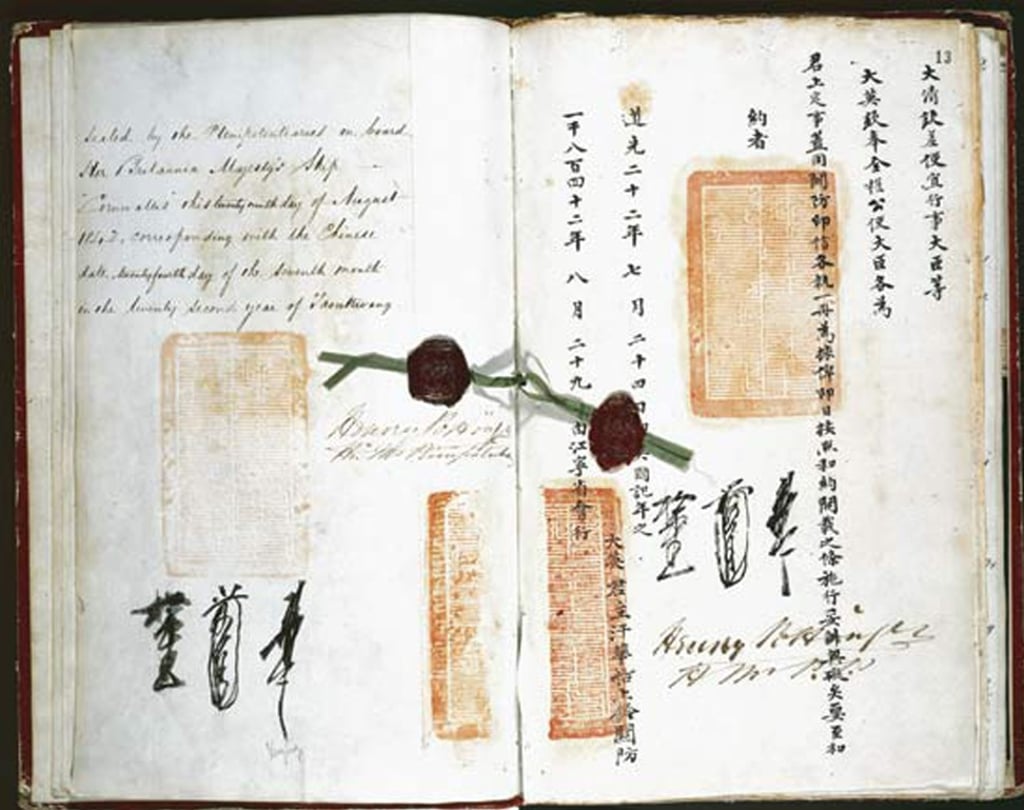Advertisement
Opinion | Why do mainland Chinese and Hong Kong youth clash at universities abroad? History has the answer
- The mainland Chinese counterprotest has roots in the historical narrative of a China splitting apart under foreign pressure, which ties in with Beijing’s spin that foreign powers are behind Hong Kong’s protests
Reading Time:3 minutes
Why you can trust SCMP

We should not be surprised by the vociferous counterprotests mounted against Hong Kong students abroad by mainland Chinese, particularly within Australia – but we should try to understand why they happen.
In universities throughout Australia, pro-Beijing counterprotesters have confronted Hong Kong democracy advocates. At a minimum, pro-democracy posters have been torn down and replaced with messages of support for communist China. At times, violence has ensued.
Large numbers of young people from mainland China have been invited to Australia, to live, study and, of course, to spend their money. Abroad, they enjoy levels of freedom of speech unseen in the People’s Republic – so we should not be surprised when they speak freely, and speak up for China. To understand their views, we need to pay attention to history.
Advertisement
History has an arresting habit of providing answers. For example, Americans’ ongoing fascination with guns derives from the history of the wild west, just as Brexit emanates from the 1940 Battle of Britain, which cemented the notion that Britain is stronger when it stands alone.
Mainstream views in China are coloured by the nation’s history of vassalage under Western powers through the 19th century and beyond. Britain, France, Portugal, America and others helped themselves to China’s trading ports and imposed unequal treaties on the local people.
Advertisement

Advertisement
Select Voice
Select Speed
1.00x
